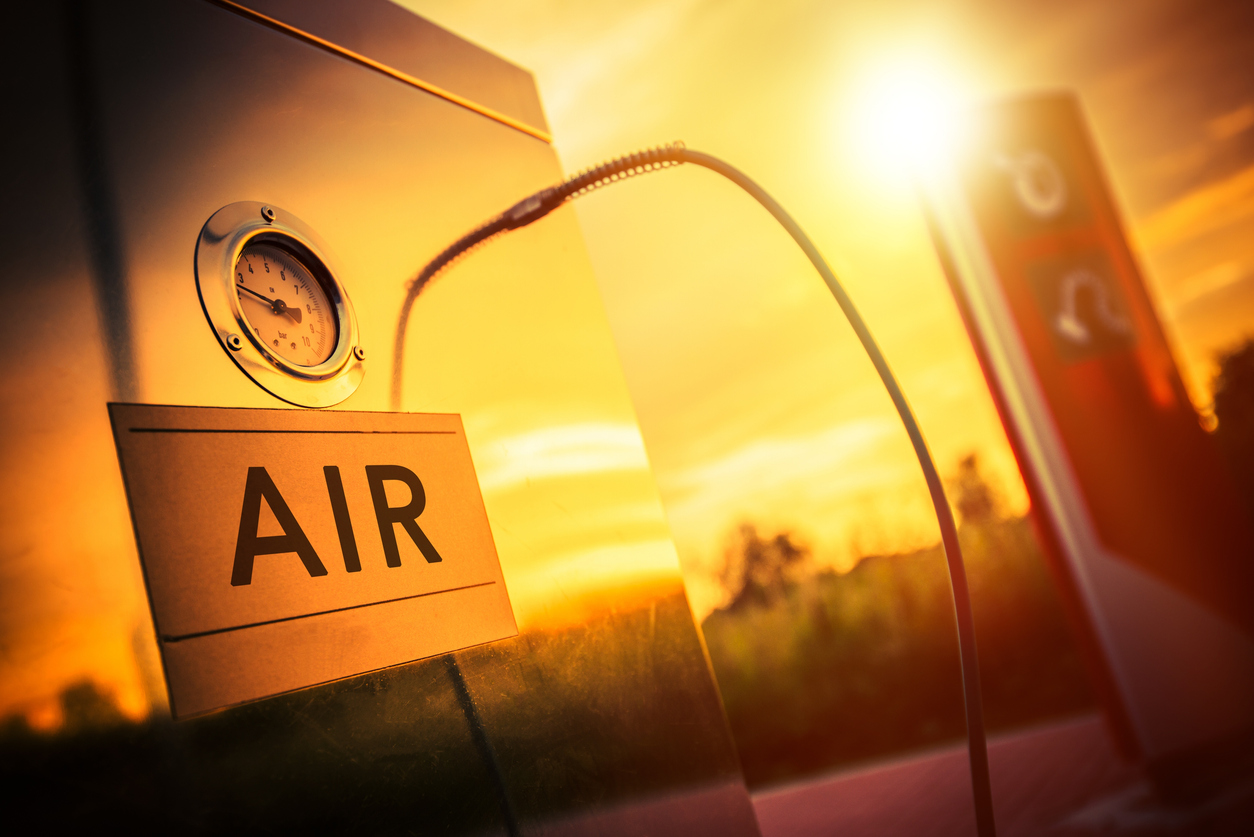Why tyre pressure is important
Author Name –
Jack Underwood
01 Aug 2019
8 people
Maintaining your tyres at the right PSI (or pounds of force per square inch) means your tyres will last longer and your vehicle will be more fuel efficient. It will also handle better, overheat less often, and reduce your effective stopping distance. This means that with the appropriate tyre pressure your vehicle will be a safer and smoother drive.

What is the ideal tyre pressure?
Your vehicle’s ideal tyre pressure is determined by a number of factors and the optimal tyre pressure for each vehicle is different, depending on its make and model.
Checking your tyre pressure is simple. You can either enter your vehicle registration number into our tool to find your tyre pressures, or you can search by your vehicle’s make and model, and we’ll do the rest.
Tyre pressure varies depending on the weight of your load. So, if your vehicle is carrying an additional load or weight, consult your vehicle handbook for the correct laden pressure.
Alternatively, you can sometimes find the correct tyre pressure in the following places:
- Inside the petrol cap
- Printed on the inside ledge of the driver’s door
- Specified in your car’s manual
Are there benefits to higher tyre pressure?
You should only inflate your tyres to a higher tyre pressure if your vehicle is fully loaded and carrying a heavier weight. The additional PSI should correspond with the value stated in the vehicle handbook. Simply adding more pressure puts the tyres at risk of being either over or underinflated, and this comes with its own set of problems.
A correctly inflated tyre supports the vehicle evenly across the tyre, whereas an over inflated tyre carries the majority of the vehicle’s weight in the centre, and an underinflated tyre carries the majority of the vehicle’s weight on the sides.
This means that over or underinflated tyres both result in uneven tread wear and a shorter lifespan for the tyre.

Jack Underwood
Did you enjoy this blog post?
|
8 people found this review helpful